Obtaining permanent residence in Malawi. Is it worth moving to Malawi
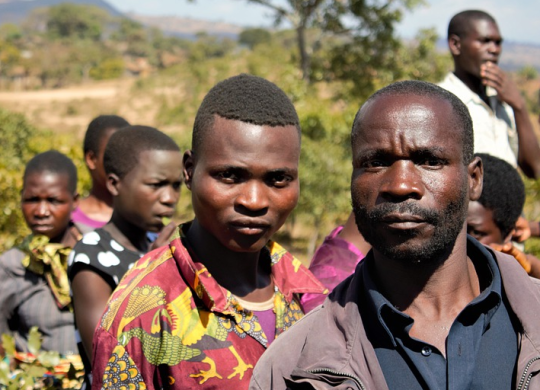
This small country is called the Warm Heart of Africa. And for good reason! A pleasant climate, friendly people, as well as incredible landscapes, a leisurely, calm lifestyle, and a low cost of a comfortable life are direct proof of that.
Should you move to Malawi?
Unlike most countries of the Black Continent, Malawi is rather quiet and peaceful. Surely the time preceding political events such as elections is usually hot here, there is poverty and a certain level of crime (for example, pickpockets in markets and bus stations, cases of break-ins or car thefts).
However, these aspects are present even in quite successful and rich countries of the Old and New World. So permanent living in Malawi can be quite interesting. Especially if you like the slow, unhurried rhythm of life in a picturesque country with a warm climate.
Fun fact: from the local language Malawi is translated as "rays of light".
Benefits
English is the official language, therefore foreigners who decide to move to Malawi will have no communication issues. Positive aspects of life here also include:
• More than moderate prices for accommodation rent. Residents of more developed neighboring and even European countries often move to Malawi, rent spacious apartments here for the price of a small flat somewhere in the Old World, and enjoy themselves.
• Quite cheap groceries and food. Even if you don't cook at home, it won't hit your wallet hard.
• Open-hearted, friendly locals. They easily make new acquaintances, gladly help and do their best to make life in the country as great as possible.
Disadvantages
The main problem of life in Malawi is the constant cut-outs of electricity and water supply. In addition, the disadvantages of residing here are:
• Absence of most familiar brands and products. Living here will be especially difficult for those used to luxury or premium products.
• People here live in a leisurely and slow rhythm. Thus you should not be surprised that the appointed meetings do not take place or the master does not come to the call at the agreed time.
• The local currency is quite unstable. Due to this fact prices tied to the US dollar or other foreign currencies (for example, in international schools) change wildly.
• There is a high risk of contracting malaria during the stay in the country.
The most comfortable places for life here are the two largest cities — Lilongwe (which is the capital) and Blantyre (the state’s commercial center). There is access to the most conveniences, acceptable condition of the roads, good international educational institutions, and most importantly, fairly qualitative medicine is available. The provinces have significant problems with doctors and opportunities to get to them.
Economy. Brief
Malawi has a rich and ancient history. Researchers found the remains of ancient people within its modern borders. Later on the representatives of the Cheva people started the majestic Malawi Empire, which existed from the Middle Ages until the mid-18th century. With the arrival of David Livingstone to Lake Nyasa, the era of the British protectorate here began.
One hundred years later, Malawi declared independence. But, like many neighboring countries, faced the brutal dictatorship of a "democratic" president. In the 90s, bloody clashes took place in the state's largest cities. And after the tyrant’s death in 1997, the new government took a course toward a civilized social order and development of Malawi.
Currently, the state is still a developing economy. Most of the income arrives from farming and the service sector. Also, the tourist industry is gradually gaining momentum here. Thus foreign experts are quite welcome. The average monthly income of most of the population in Malawi is about 164,000 MWK, which is equal to 160 USD. However, foreigners can anticipate significantly higher salaries. Especially if they apply to work at international institutions, including education and medicine.
Entry, temporary and permanent residence in Malawi
To enter the territory of the Republic of Malawi foreigners need a visa. A tourist visa to Malawi is issued for a period of 3 months and can be used one time only. The application and documents for obtaining the document can be submitted online, via the State Department of Immigration and Community Services of Malawi's official website.
Note: Lists of undesirable immigrants to Malawi include people who cannot read or write. Also, the country does not welcome representatives of LGBTQ+, persons with developmental or mental nuances as well as their relatives and loved ones.
A temporary residence permit in Malawi (TRP) can be issued to those who have stayed in the country for up to 90 days and have grounds for extending this period. First of all, these are people who found work here. After 5 years of legal residence in the country, you can apply for a permanent residence permit (KMA).
Also, a permanent residence permit in Malawi can be obtained by foreigners who:
• meet conditions of the repatriation program;
• are the wives of Malawians (this is the wording used by the official website of the state Department of Immigration and Community Services);
• elderly people who want to live in Malawi after retirement;
Purchasing a private property is also a reason to get a permit. But buying real estate in Malawi is not easy for a foreigner. To avoid problems with obtaining documents, you can ask our agents for help.
Recommended articles
3 min
Residence permit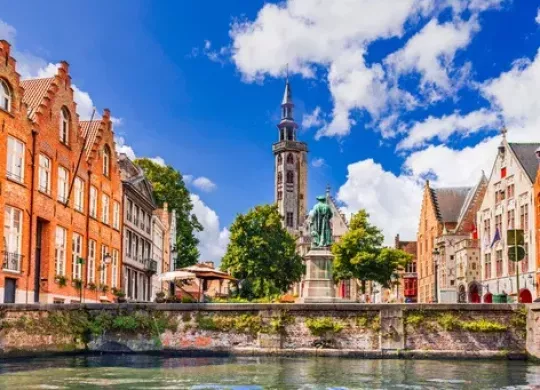
Residence permit in Belgium in 2024: available types and application procedure
In order to start living in Belgium, foreigners must have certain identity documents and a residence permit. Learn more about the types of residence permits in Belgium, how to obtain a temporary or permanent residence permit, the list of documents and other important details
24 Apr. 2024
More details2 min
Residence permit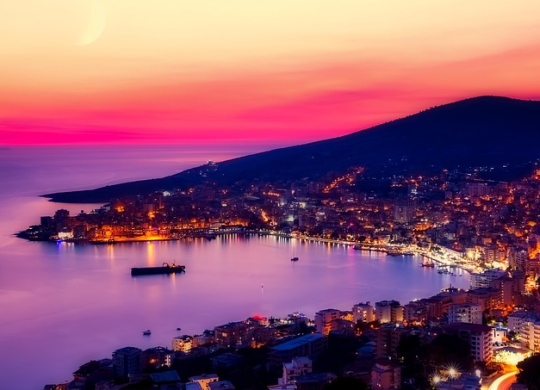
Albania is becoming an increasingly attractive destination for expats and remote workers due to its accessibility and favorable living and working conditions. Find out how to get a residence permit in Albania and what types of permits are available for expatriates, entrepreneurs and students in 2025, as well as the document requirements and application process
28 Apr. 2025
More details4 min
Work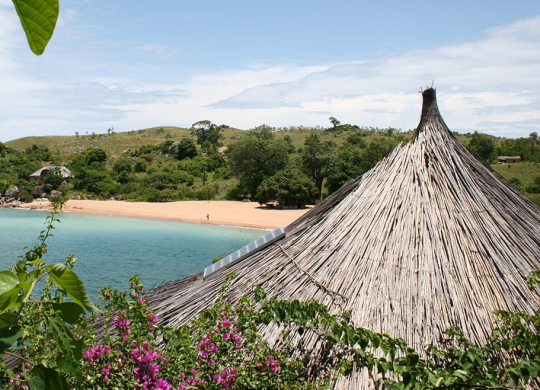
5 min
Treatment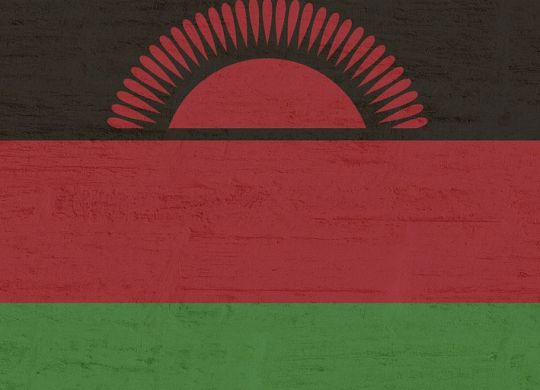
All materials and articles are owned by VisitWorld.Today and are protected by international intellectual property regulations. When using materials, approval from VisitWorld.Today is required.